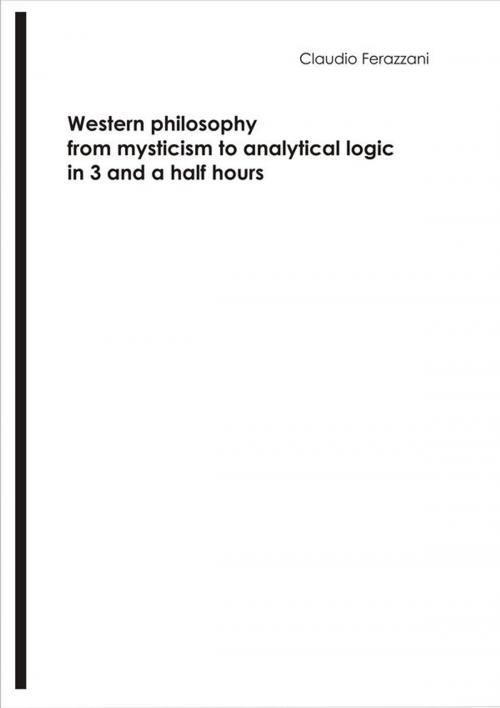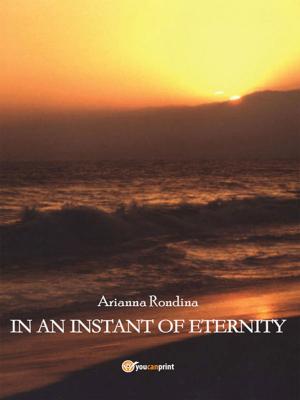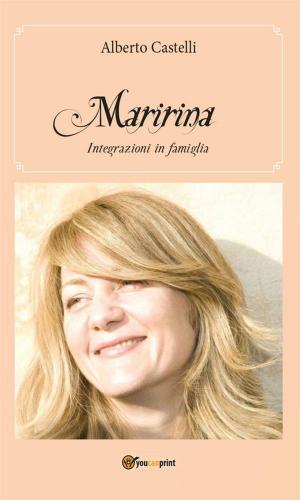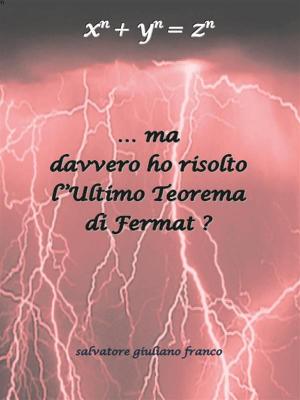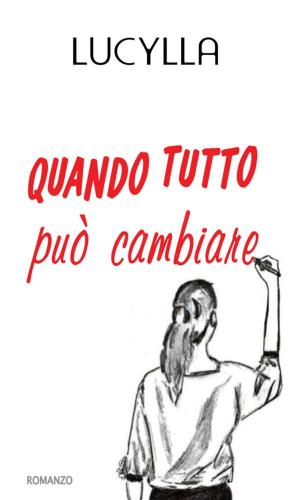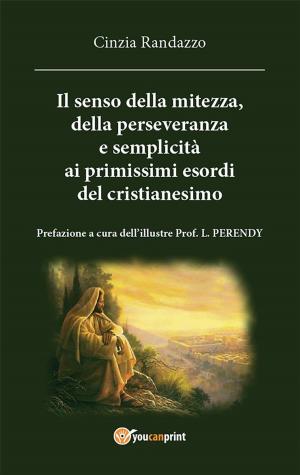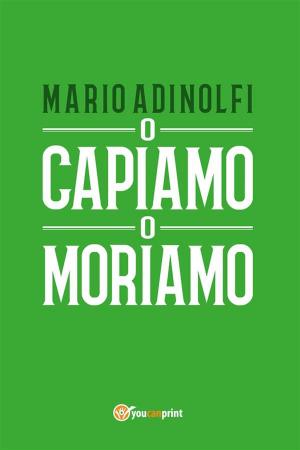Western philosophy from mysticism to analytical logic in 3 and a half hours
Nonfiction, Religion & Spirituality, Philosophy| Author: | Claudio Ferazzani | ISBN: | 9788827826270 |
| Publisher: | Youcanprint | Publication: | May 5, 2018 |
| Imprint: | Language: | English |
| Author: | Claudio Ferazzani |
| ISBN: | 9788827826270 |
| Publisher: | Youcanprint |
| Publication: | May 5, 2018 |
| Imprint: | |
| Language: | English |
The philosophers have never conceived their theses as contingents at a given epoch, but applicable at all times:
So let us reread them without justifying them with the historical moment, and explain them as interdependent: of what appears to be a carousel of presumptuous ideas, we have looked for the logic that is underneath; of the concepts of mathematical minds, we have brought back the connections to everyday life.
The oppositions present are, for example, the question of Augustine asking himself "Si Deus est, unde malum?", we find that Leibniz responds by imagining a palace of destinies and the compossibility of a path of choices, ending up to be content with the best of all possible worlds: he only wants to propose free the will of man, to leave the supreme being univocal and uniform, avoiding the Manichaeism of a good and a bad divinity, which would not support the monotheism of supreme goodness and wisdom.
And again, if Heraclitus notes that everything flows (panta rei), Hegel explains that the spirit of history forces the thesis of the moment to be inevitably overcome by the antitheses with the thesis-antithesis-synthesis program (and the Prussian state is destined to guide of civilization). Marx interprets this dialectic with materialism, since the economic situation determines all the others (the proletarian class is scientifically destined to assume the dictatorship of the state). But against those (Platonic, Christian and Socialist) who subject individual wishes to intellectual leadership, Kierkegaard prefers the independence of the individual rather than any historical necessity. And for those who exhort the endurance of the present for the future, Nietzsche warns us not to behave as if we were on our way to a goal, but to take root in the immanence of every single moment.
When the positivists ensure that technological progress will solve any doubt, others do not accept the factual judgments of science, aiming at the value judgments of philosophy, the Kantian light of a priori knowledge, at value in relation to the subject, and not scientifically defined value, not independent value of the object, as Wildeband says in intellectually modern terms, but repeating in essence the maxim of Berkeley "esse est percipi", to exist means to be perceived. And this also concerns the mill of Don Quixote, which would be a mill for Aristotle, which brings all the substances to its category, but a dangerous handpiece for the crazy knight who thus perceives its existence.
Anyway, we have not neglected any influential thinker, or almost, to allow you not to read the heavy texts of the various Critics of Kant and the slow readings of Plato, while reporting some original passages to leave them as they are.
Returning to reading them as if philosophers wanted to develop a logical path for phylein (love) - sophya (knowledge), we will recognize from which reminiscences the intellectuals of today are influenced.
The philosophers have never conceived their theses as contingents at a given epoch, but applicable at all times:
So let us reread them without justifying them with the historical moment, and explain them as interdependent: of what appears to be a carousel of presumptuous ideas, we have looked for the logic that is underneath; of the concepts of mathematical minds, we have brought back the connections to everyday life.
The oppositions present are, for example, the question of Augustine asking himself "Si Deus est, unde malum?", we find that Leibniz responds by imagining a palace of destinies and the compossibility of a path of choices, ending up to be content with the best of all possible worlds: he only wants to propose free the will of man, to leave the supreme being univocal and uniform, avoiding the Manichaeism of a good and a bad divinity, which would not support the monotheism of supreme goodness and wisdom.
And again, if Heraclitus notes that everything flows (panta rei), Hegel explains that the spirit of history forces the thesis of the moment to be inevitably overcome by the antitheses with the thesis-antithesis-synthesis program (and the Prussian state is destined to guide of civilization). Marx interprets this dialectic with materialism, since the economic situation determines all the others (the proletarian class is scientifically destined to assume the dictatorship of the state). But against those (Platonic, Christian and Socialist) who subject individual wishes to intellectual leadership, Kierkegaard prefers the independence of the individual rather than any historical necessity. And for those who exhort the endurance of the present for the future, Nietzsche warns us not to behave as if we were on our way to a goal, but to take root in the immanence of every single moment.
When the positivists ensure that technological progress will solve any doubt, others do not accept the factual judgments of science, aiming at the value judgments of philosophy, the Kantian light of a priori knowledge, at value in relation to the subject, and not scientifically defined value, not independent value of the object, as Wildeband says in intellectually modern terms, but repeating in essence the maxim of Berkeley "esse est percipi", to exist means to be perceived. And this also concerns the mill of Don Quixote, which would be a mill for Aristotle, which brings all the substances to its category, but a dangerous handpiece for the crazy knight who thus perceives its existence.
Anyway, we have not neglected any influential thinker, or almost, to allow you not to read the heavy texts of the various Critics of Kant and the slow readings of Plato, while reporting some original passages to leave them as they are.
Returning to reading them as if philosophers wanted to develop a logical path for phylein (love) - sophya (knowledge), we will recognize from which reminiscences the intellectuals of today are influenced.
